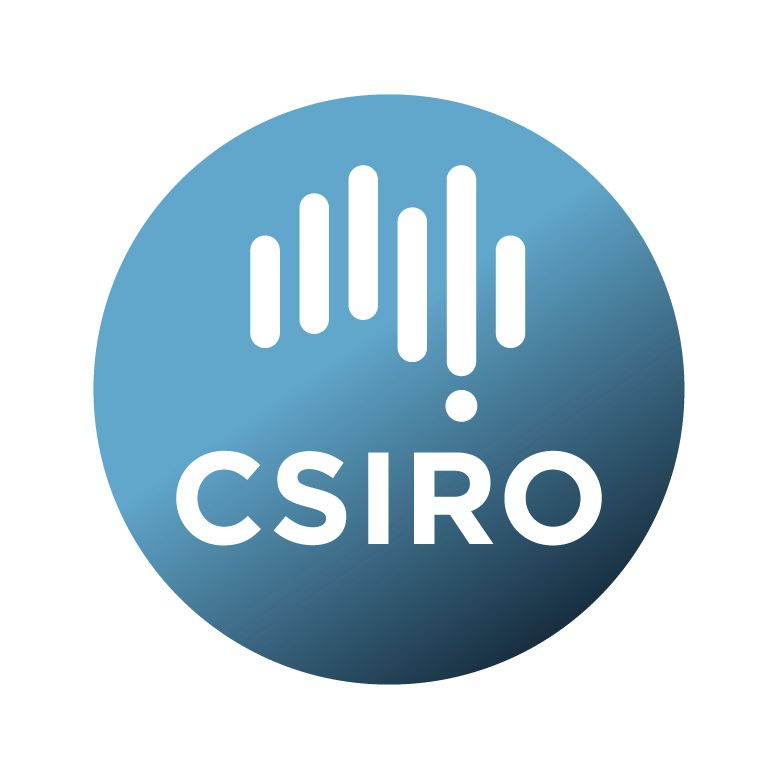Brief description
This land suitability for Mungbean raster data (in GeoTIFF format) represents areas of potential suitability for this crop and its specific irrigation management systems in the Flinders and Gilbert catchments of North Queensland.The data is coded 1-5:
1 - Suitable with no limitations;
2 - Suitable with minor limitations;
3 - Suitable with moderate limitations;
4 - Marginal;
5 - Unsuitable.
The land suitability evaluation methods used to produce this data are a modification of methods of the Food and Agriculture Organisation of the UN (FAO).
This data is part of the Flinders and Gilbert Agricultural Resource Assessment (FGARA) project and is designed to support sustainable regional development in Australia being of importance to Australian Governments and agricultural industries. The project identifies new opportunities for irrigation development in these remote areas by providing improved soil and land evaluation data to identify opportunities and promote detailed investigation.
A companion dataset exists, “Confidence of suitability data for the FGARA project”. A link to this dataset can be found in the “related materials” section of this metadata record.
Lineage: These suitability raster data for Mungbean and its individual irrigation management systems have been created from a range of inputs and processing steps. Below is an overview. For more information refer to the CSIRO FGARA published reports and in particular: Bartley R, Thomas MF, Clifford D, Phillip S, Brough D, Harms D, Willis R, Gregory L, Glover M, Moodie K, Sugars M, Eyre L, Smith DJ, Hicks W and Petheram C (2013) Land suitability: technical methods. A technical report to the Australian Government for the Flinders and Gilbert Agricultural Resource Assessment (FGARA) project, CSIRO. Broadly, the steps were to:
1. Collate existing data (data related to: climate, topography, soils, natural resources, remotely sensed etc of various formats; reports, spatial vector, spatial raster etc).
2. Select additional soil and attribute site data by Latin hypercube statistical sampling method applied across the covariate space.
3. Carry out fieldwork to collect additional soil and attribute data and understand geomorphology and landscapes.
4. Build models from selected input data and covariate data using predictive learning via rule ensembles in the RuleFit3 software.
5. Create Digital Soil Mapping (DSM) key attributes output data. DSM is the creation and population of a geo-referenced database, generated using field and laboratory observations, coupled with environmental data through quantitative relationships. It applies pedometrics - the use of mathematical and statistical models that combine information from soil observations with information contained in correlated environmental variables, remote sensing images and some geophysical measurements.
6. Choose land management options and create suitability rules for DSM attributes.
7. Run suitability rules to produce limitation datasets using a modification on the FAO methods.
8. Create final suitability data for all land management options.
Two companion datasets exist for this dataset. The first is linked to in the “related materials” section of this metadata record, entitled “Confidence of suitability data for the FGARA project”. The second (held by CSIRO Land and Water) includes expert opinion and knowledge about landscape processes or conditions that will influence agricultural development potential in these catchments, but were not captured sufficiently in the modelling process (and areas of expert opinion where the Mahanabolis method underestimates confidence). The two landscape features that require special attention are the basalt rock outcrops in the Upper Flinders catchment that were not well captured by the covariate data, and the secondary salinisation hazard in the central Flinders catchment. For more information refer to the report “Land suitability: technical methods. A technical report to the Australian Government for the Flinders and Gilbert Agricultural Resource Assessment (FGARA) project”.
Available: 2014-02-19
Data time period: 2013-09-01 to ..
Subjects
Agricultural, Veterinary and Food Sciences |
AGRICULTURE-Crops |
AGRICULTURE-Irrigation |
Agricultural Land Management |
Agricultural Land Planning |
Agricultural Spatial Analysis and Modelling |
Agriculture, Land and Farm Management |
Australia |
FGARA |
Flinders catchment |
Gilbert catchment |
INDUSTRY-Primary |
LAND-Use |
Mungbean |
Queensland |
SOIL |
land suitability |
User Contributed Tags
Login to tag this record with meaningful keywords to make it easier to discover
Identifiers
- DOI : 10.4225/08/53041F8EB2977

- Handle : 102.100.100/13842

- URL : data.csiro.au/collection/csiro:8072



